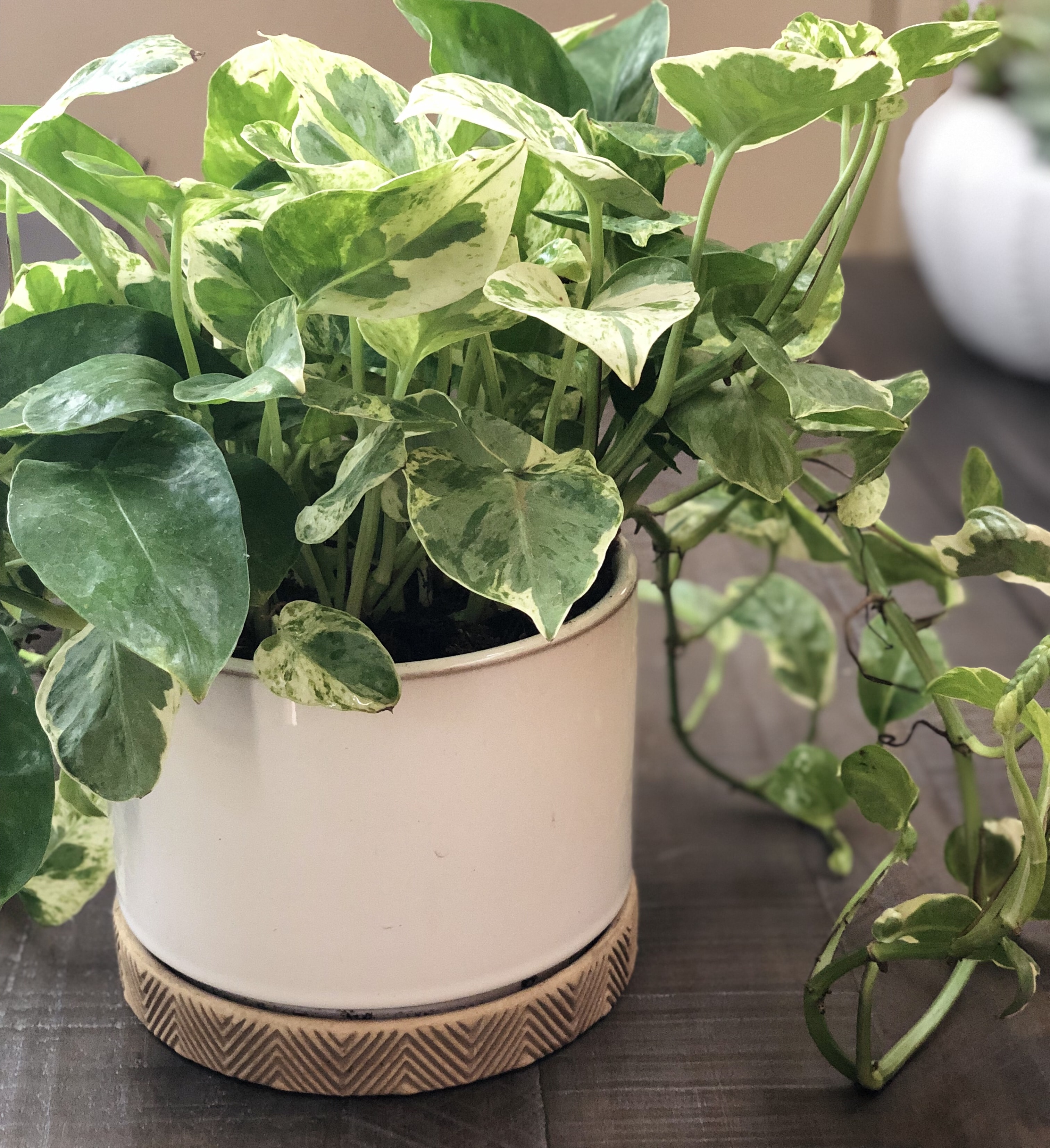How to Choose the Best Seeds for Indoor Gardening

Indoor gardening is a delightful hobby that brings nature into your home. But choosing the right seeds can be as daunting as picking the perfect paint color for your walls. With countless seed varieties available, how do you ensure you're selecting the best ones for your indoor garden? Fear not, green thumb aspirants! This guide will walk you through the process of choosing the best seeds for indoor gardening, ensuring a thriving and vibrant indoor oasis.
Understanding the Importance of Seed Quality
Before diving into the specifics, let's address the elephant in the room: seed quality. Just like a house needs a strong foundation, your indoor garden needs high-quality seeds. Poor-quality seeds can lead to low germination rates, weak plants, and a disappointing gardening experience. So, where do you start?
Germination Rates: The Key to Success
Germination rates are the percentage of seeds that successfully sprout under ideal growing conditions. High germination rates are a strong indicator of seed quality. Imagine planting a packet of seeds only to have a handful sprout. Frustrating, right? Always check the germination rate on the seed packet or the supplier's website. Aim for rates above 80% to maximize your chances of success.
Factors to Consider When Choosing Seeds
Choosing the best seeds for indoor gardening involves more than just picking your favorite plants. Several factors can influence your decision, from the type of seeds to the growing conditions required.
Seed Varieties: The Spice of Life
The world of seeds is vast and diverse, much like a well-stocked spice rack. Some seeds are better suited for indoor gardening than others. For instance, herbs like basil and parsley, vegetables like lettuce and spinach, and flowers like marigolds and petunias are excellent choices for indoor gardens.
Heirloom vs. Hybrid Seeds
Heirloom seeds are passed down through generations, offering unique characteristics and flavors. Hybrid seeds, on the other hand, are created by cross-pollinating different plant varieties to produce desirable traits like disease resistance or higher yields. Both have their merits, so choose based on your preferences and goals.
Growing Conditions: The Recipe for Success
Just as a recipe requires specific ingredients and instructions, each seed variety has unique growing conditions. Consider the following when choosing your seeds:
- Light Requirements: Some plants thrive in direct sunlight, while others prefer shade. Assess the lighting in your indoor space and choose seeds accordingly.
- Water Needs: Different plants have varying water requirements. Ensure you can meet these needs to keep your plants healthy.
- Temperature and Humidity: Indoor temperatures and humidity levels can affect plant growth. Choose seeds that can thrive in your home's environment.
Where to Buy High-Quality Seeds
Now that you know what to look for, where do you find high-quality seeds? Reputable seed suppliers and online retailers are your best bet. Websites like Burpee and Johnny's Selected Seeds offer a wide variety of seeds with detailed information on growing conditions and germination rates.
Local Nurseries and Garden Centers
Local nurseries and garden centers are also excellent sources for high-quality seeds. They often carry seeds specifically suited to your region's climate, ensuring better success rates. Plus, you can get personalized advice from knowledgeable staff.
Tips for Successful Indoor Gardening
Choosing the right seeds is just the beginning. Here are some tips to help you succeed in your indoor gardening journey:
- Start Small: Begin with a few seed varieties to get a feel for their growing requirements and your gardening skills.
- Use Quality Soil: High-quality potting soil provides the nutrients your seeds need to germinate and grow.
- Monitor Growing Conditions: Keep an eye on light, water, temperature, and humidity levels to ensure optimal growing conditions.
- Be Patient: Gardening is a patient hobby. Some seeds take longer to germinate than others, so don't give up if you don't see immediate results.

Conclusion: Your Path to a Thriving Indoor Garden
Choosing the best seeds for indoor gardening is like selecting the perfect ingredients for a gourmet meal. With the right seeds and a bit of TLC, you can create a thriving indoor garden that brings joy and beauty to your home. Remember to consider germination rates, seed varieties, and growing conditions when making your choices. And don't forget, gardening is a journey of discovery and learning. Embrace the process, and enjoy the fruits of your labor.
Frequently Asked Questions
What are the easiest seeds to grow indoors?
- Some of the easiest seeds to grow indoors include herbs like basil and parsley, vegetables like lettuce and spinach, and flowers like marigolds and petunias. These plants are generally low-maintenance and can thrive in indoor conditions.
How do I know if my seeds are high-quality?
- High-quality seeds typically have high germination rates, are free from diseases, and come from reputable suppliers. Always check the germination rate on the seed packet or the supplier's website.
Can I grow any plant indoors?
- While many plants can be grown indoors, some are better suited for outdoor conditions. Consider the plant's light, water, temperature, and humidity requirements when deciding if it's a good fit for your indoor garden.
How long does it take for seeds to germinate?
- Germination times vary depending on the seed variety. Some seeds can germinate in as little as a few days, while others may take several weeks. Always refer to the seed packet for specific germination times.
What should I do if my seeds don't germinate?
- If your seeds don't germinate, check the growing conditions to ensure they are optimal. If conditions are correct and seeds still don't germinate, it may be an issue with seed quality. Consider contacting the supplier for a replacement or refund.

Happy gardening! With these tips and insights, you're well on your way to creating a beautiful and thriving indoor garden.
0 Response to "How to Choose the Best Seeds for Indoor Gardening"
Post a Comment